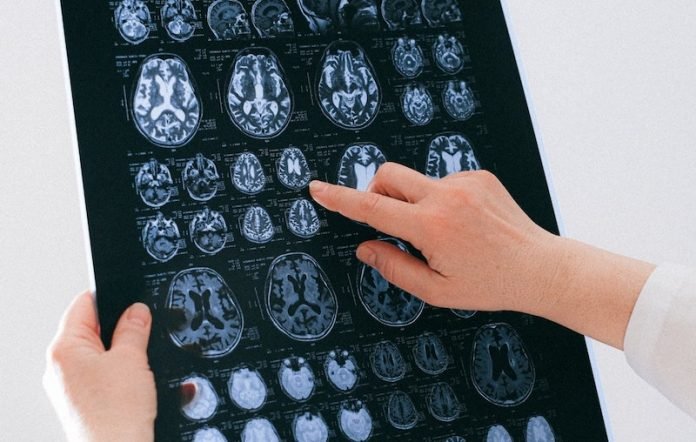
Scientists from St. Pölten University Hospital found that the classification of brain tumors—and thus the choice of optimal treatment options—can become more accurate and precise through the use of artificial intelligence (AI) in combination with physiological imaging.
The research is published in Cancers and was conducted by Prof. Andreas Stadlbauer et al.
Multiclass machine learning methods were used to analyze and classify brain tumors using physiological data from magnetic resonance imaging (MRI).
The results were then compared with classifications made by human experts.
The team found AI was found to be superior in the areas of accuracy, precision, and misclassification, among others, while professionals performed better in sensitivity and specificity.
The team named the combination of data from different MRI methods with multiclass ML “radiophysiomics.”
It’s a term that’s likely to catch on quickly, as the potential of this approach became apparent in the second part of the project, the testing phase.
In this, the now-trained multiclass ML algorithms were fed with corresponding MRI data from 20 current brain tumor patients and the results of the classifications thus obtained were compared with those of two certified radiologists.
Thereby, the two best ML algorithms (referred to as “adaptive boosting” and “random forest”), outperformed the human assessment results in the areas of accuracy and precision.
Also, these ML algorithms resulted in less misclassification than by the professionals (5 versus 6). On the other hand, when it came to the sensitivity and specificity of the assessment, the human assessments proved to be more accurate than the AI tested.
The team says that the ML approach should not be a substitute for classification by qualified personnel, but rather a supplement to it. In addition, the time and effort required for this approach is currently still very high.
But it offers a possibility whose potential should be further pursued for everyday clinical use.
If you care about brain health, please read studies about common food that could increase your dementia risk, and this common food oil in the U.S. can change genes in the brain.
For more information about brain health, please see recent studies about the cause of Alzheimer’s disease in human brain, and results showing this common food may reduce vascular disease in the brain.
Copyright © 2022 Knowridge Science Report. All rights reserved.



